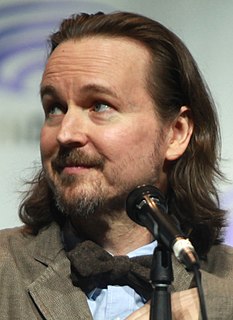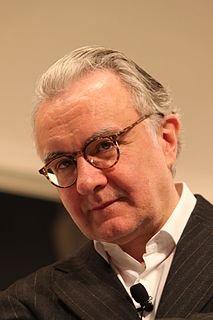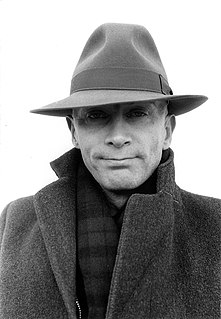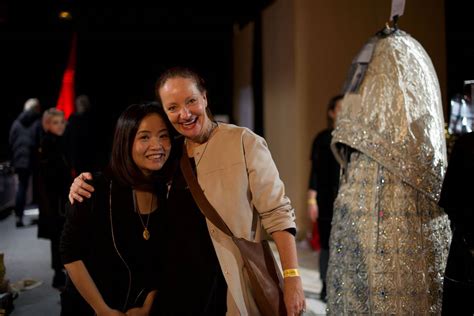A Quote by Vilayanur S. Ramachandran
Ask, 'How are we different from the great apes?' We have culture, we have civilisation, and we have language to be celebrated as part of being human.
Quote Topics
Related Quotes
What I thought was so great about Rise [of the Planet of the Apes ] was that it wasn't a retelling; it was an entering of the universe at a different point. So it's Planet of the Apes. We already know the ending. There's no mystery in that! It becomes Planet of the Apes. So it's not about what is at the end; it's about how did we get there? And that enabled something that was totally fresh, which was an ape-point-of-view movie.
When you ask people what it is like being part of a great team, what is most striking is the meaningfulness of the experience. People talk about being part of something larger than themselves, of being connected, of being generative. It becomes quite clear that, for many, their experiences as part of truly great teams stand out as singular periods of life lived to the fullest.
...chimpanzees, bonobos, gorillas, and orangutans are thinking, self-aware beings, capable of planning ahead, who form lasting social bonds with others and have a rich social and emotional life. The great apes are therefore an ideal case for showing the arbitrariness of the species boundary. If we think that all human beings, irrespective of age or mental capacity, have some basic rights, how can we deny that the great apes, who surpass some humans in their capacities, also have these rights?
Don't try and mimic men - how they operate, how they do business, how they direct, write or are creative. They are not perfect. Women do it all differently, and that should be celebrated. We believe in collaboration, we are empathetic and sympathetic and we do tend to connect to stories and people on a different level. And this should all be celebrated.
We face a conflict between civilisation and culture, which used to be on the same side. Civilisation means rational reflection, material wellbeing, individual autonomy and ironic self-doubt; culture means a form of life that is customary, collective, passionate, spontaneous, unreflective and arational.
We face a conflict between civilisation and culture, which used to be on the same side. Civilisation means rational reflection, material wellbeing, individual autonomy and ironic self-doubt; culture means a form of life that is customary, collective, passionate, spontaneous, unreflective and irrational.




































